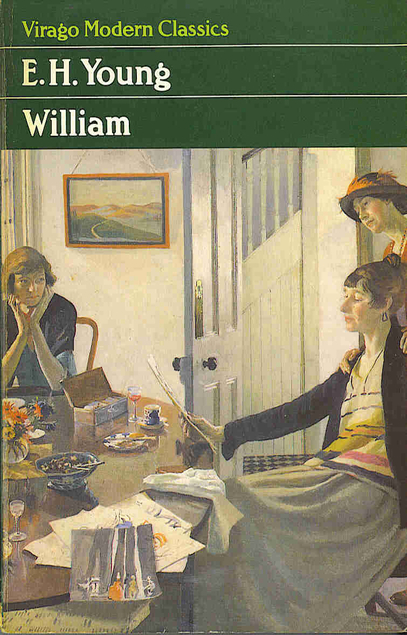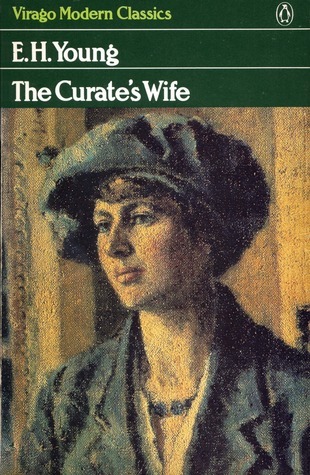William Nesbitt is a successful ship builder and owner, and at the beginning of this novel, he is contemplating the successes of his life. The only thing he feels he has missed is some romance in life, his wife Kate being a very practical woman. But he experiences romance vicariously, through his favorite daughter, Lydia, whom he views as a source of light.
Kate Nesbitt is a worrier, and she has a sense of impending doom. She also is extremely conventional and I think old-fashioned, even for the time (1925). For example, she disapproves of her daughter Dora going to visit Lydia in London without her husband. Kate has a sense that something is going to go wrong with what she sees as her family’s happy and content existence.
Of course, she is being almost willfully blind. Their son Walter and his wife Violet are content, but their daughter Dora is increasingly discontented with her husband Herbert. Their daughter Mabel and her husband John are self-righteous, and Mabel likes to complain and pretend they are poor when John’s business is going well. Janet, the youngest, unmarried daughter is silent and unhappy. Later, it becomes obvious that she thinks she’s in love with Oliver, Lydia’s husband.
Then, something bad does happen: Lydia leaves Oliver for Henry Wyatt, a writer. William is still accepting of Lydia, thinking she is trying to live her life honestly, but he begins to see that Kate is more rigid and unaccepting than he realized.
This novel is an insightful and nuanced study of how a crisis can affect a family. Since Young ran off with a married man, it’s interesting to speculate how autobiographical this novel may be. I found the novel deeply interesting, with complex characters.






